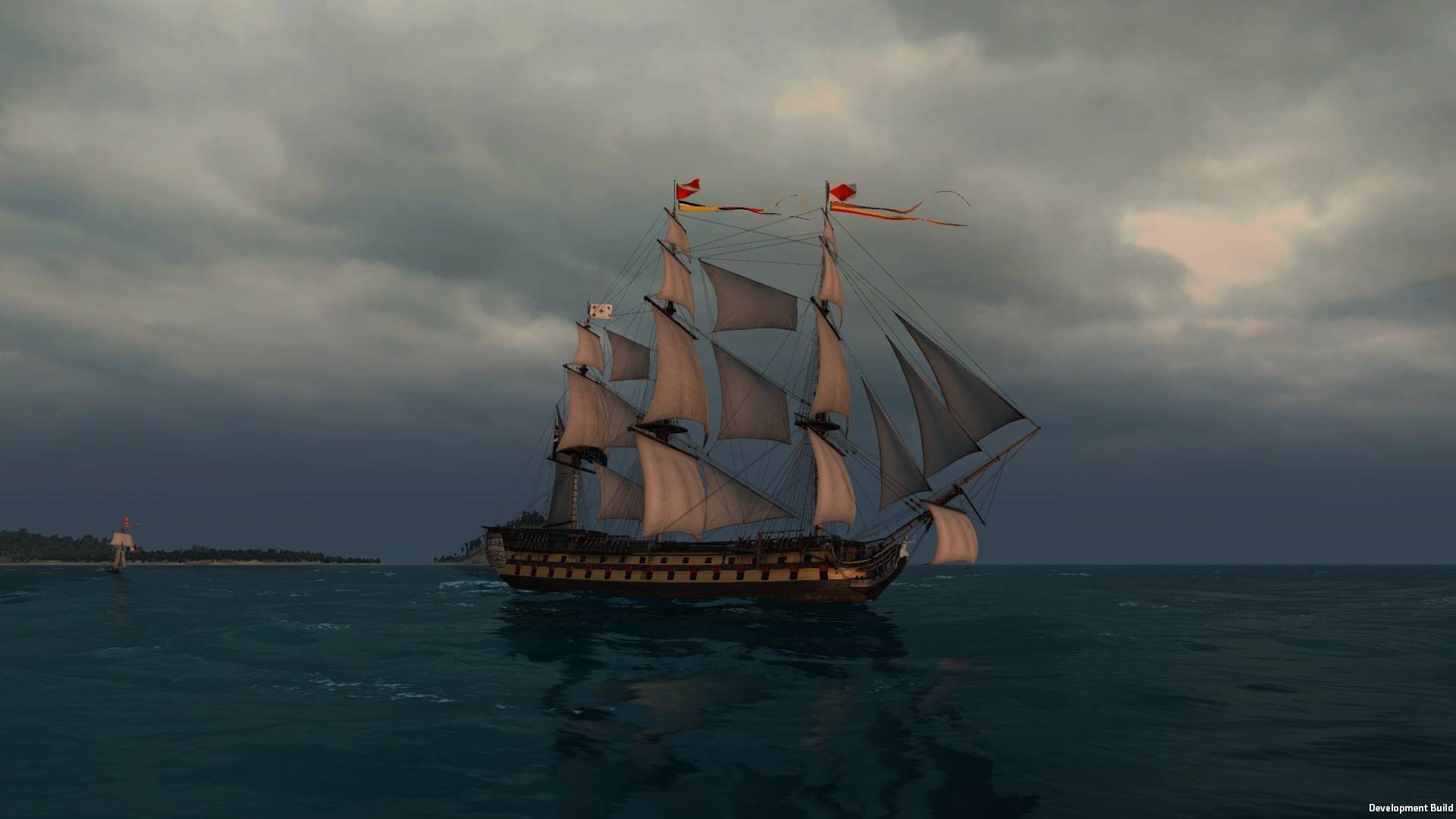

Becoming a sailor was also a way of avoiding debtors’ prison, since the Navy protected a man from his creditors provided that the debt was less than twenty pounds. Three methods were used in the attempt to meet these quotas: volunteers: the pressgang and (post-1795) the Quota Acts.Ī man who entered the navy as a volunteer was given his shilling and two months pay in advance (using which he was supposed to provide himself with a hammock and some clothes). The total number of men required for the fleets in 1794 rose to 85,000 in 1794 and 120,000 in 1799, of which there were 106 admirals, 515 post-captains, 394 commanders and 2,091 lieutenants. With the beginning of the war with Revolutionary France in 1793, parliament decreed that the manpower in the Royal Navy should increase to 45,000 (the population of England before the first census of 1801 was estimated at 8.6 million).

Furthermore, these British gains were French losses. In short, enough to pay for the largest fleet in the world. The British seizure of French colonies 1795, notably, Tobago, Santa-Lucia and Martinique, including influence over Saint-Domingue (and finally the taking of Trinidad in 1797) meant that British trade flourished – for example, 14,334 merchant vessels with 1.437m tonnes of goods in 1792 grew to 16,552 vessels carrying 1.797m tonnes in 1802. These statistics come from civil engineer Robert Fulton’s book Torpedo War, and submarine explosions, New York: W. In fact the secret of the success of the navy lay in two key areas: huge investment, both in money and manpower, irreplaceable experience in sea fighting. The British Navy as it appears at the battles of the Nile and Copenhagen cannot be properly understood without considering the preceding eight years of war with Revolutionary France, the semi-disaster at Toulon, against the young artilleryman, Bonaparte, the (real) fear of invasion, the growth of the empire, the huge efforts at recruitment into navy, the advances in port technology, the increasing number of enemy ships captured and the weakness of the France, Britain’s principal rival.


 0 kommentar(er)
0 kommentar(er)
